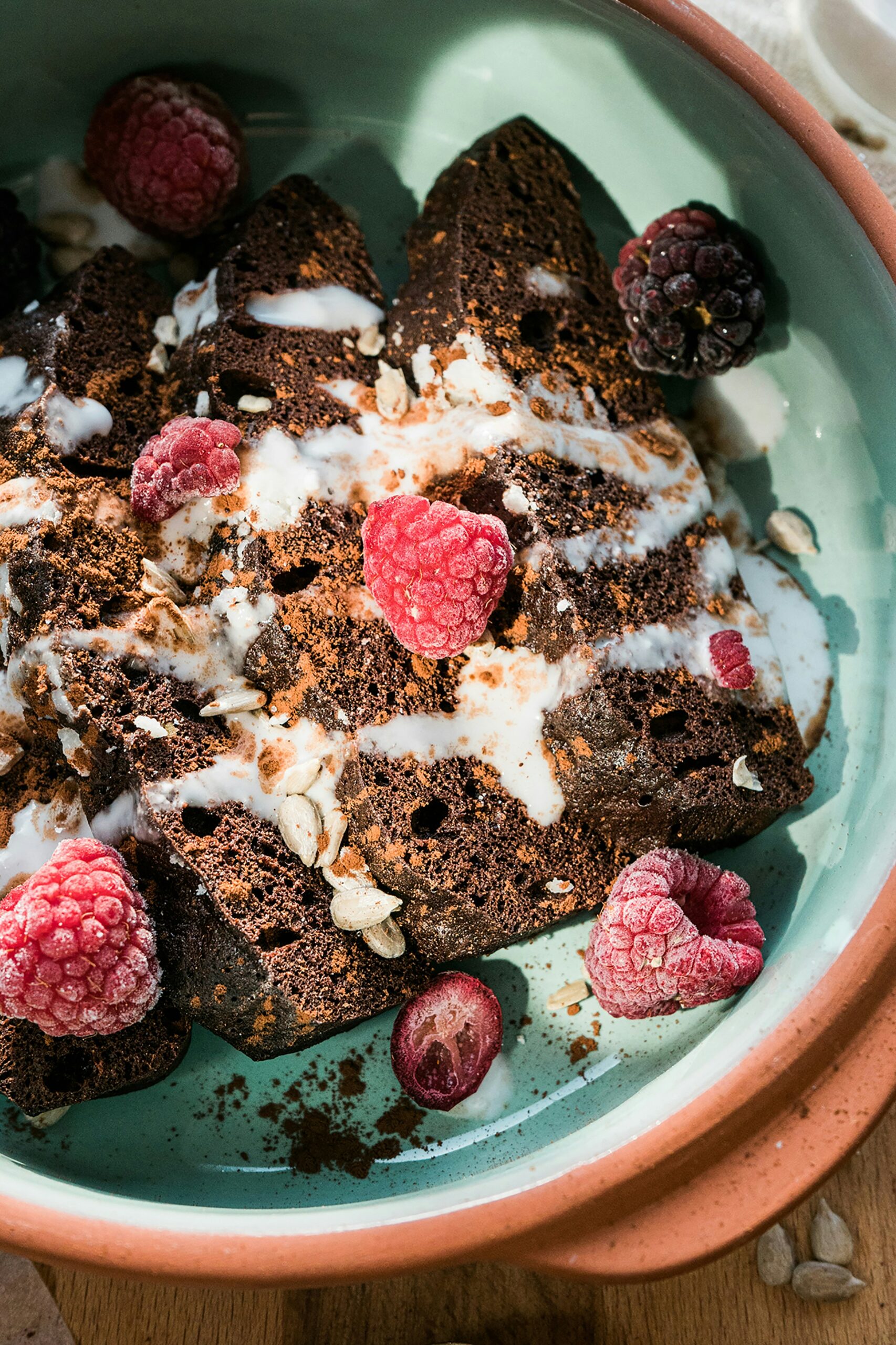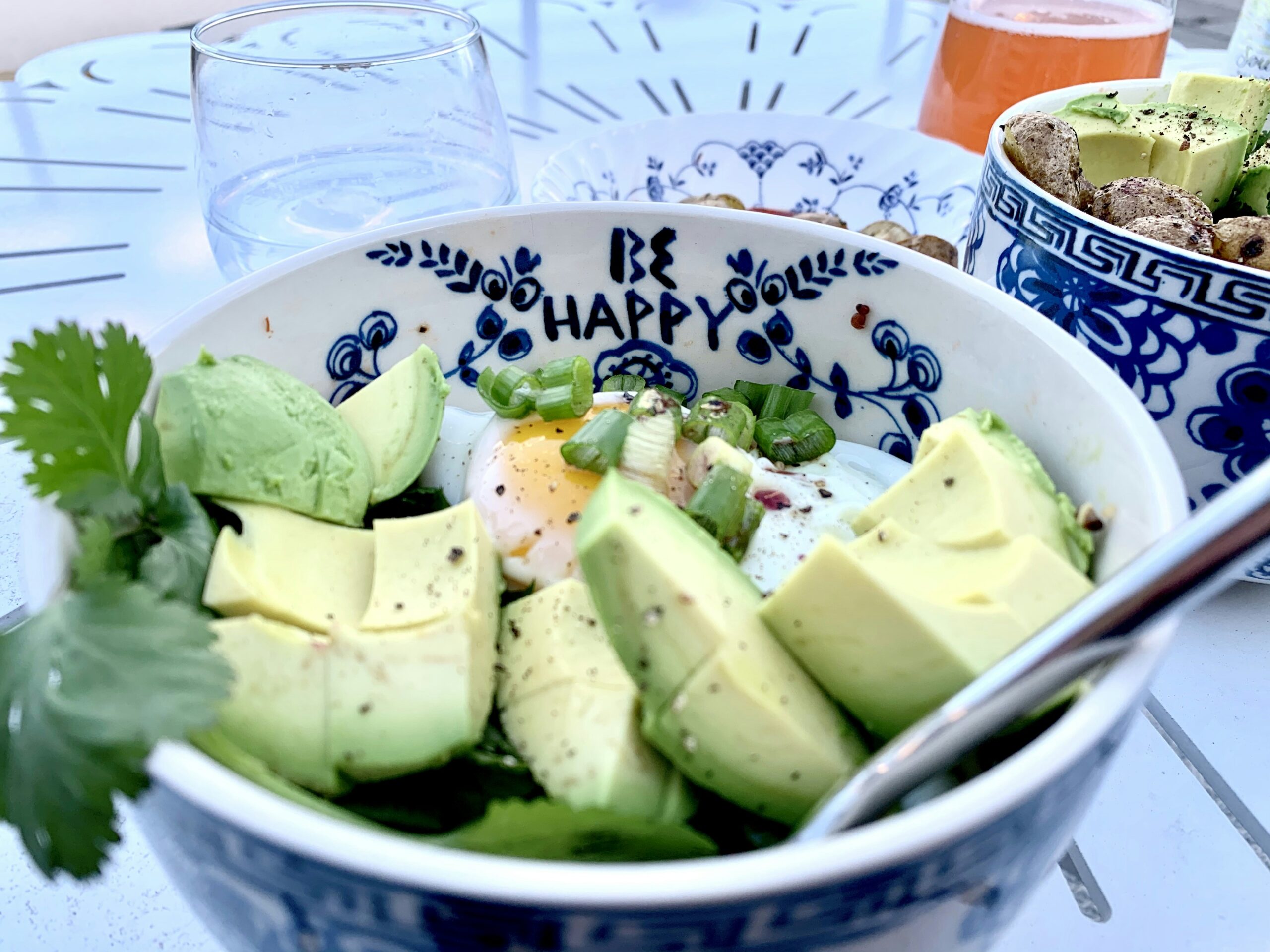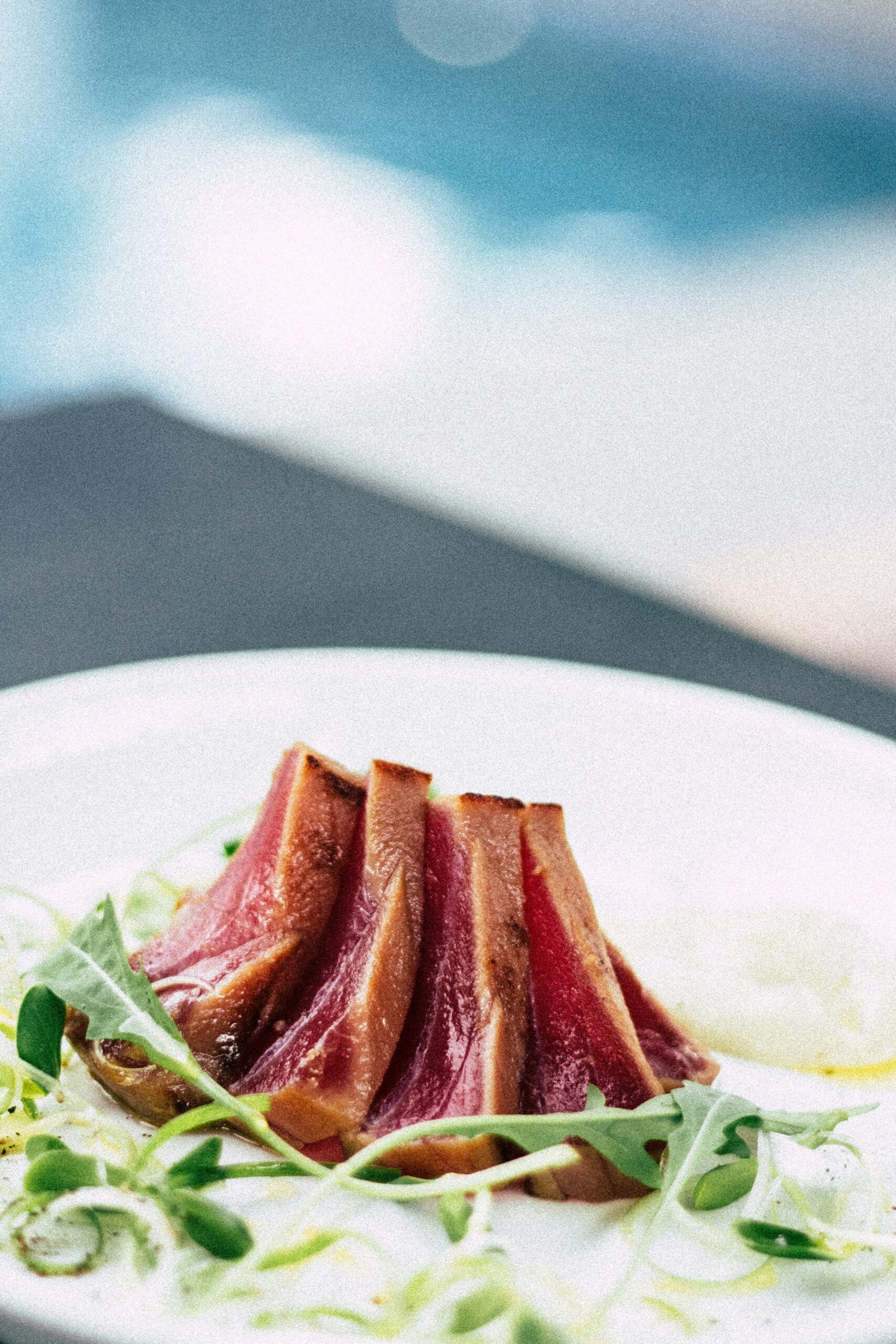Are you curious about what foods are off-limits on the ketogenic diet? Embarking on a new dietary journey can be both exciting and overwhelming, especially when you’re trying to make sense of all the guidelines. The keto diet, known for its high-fat, moderate-protein, and low-carb approach, has specific restrictions that might be quite different from what you’re used to. Understanding what you can and cannot eat will play a crucial role in your success on this diet. Let’s take a closer look at the foods that you should avoid while following the keto diet to ensure you’re on the right track.

Understanding the Keto Diet
Before delving into specific food restrictions, it’s essential to grasp the basic principles of the ketogenic diet. On keto, the goal is to transition your body into a state of ketosis, where it becomes highly efficient at burning fat for energy rather than carbohydrates. This typically involves maintaining a diet where approximately 70% of your daily caloric intake comes from fats, 25% from protein, and a mere 5% from carbohydrates.
The Importance of Carbohydrate Restriction
Carbohydrates are the body’s primary energy source, so significantly reducing them compels the body to turn to fat stores, converting them into ketones for fuel. To maintain ketosis, it’s crucial to restrict carb intake to usually about 20 to 50 grams per day, depending on your personal goals and metabolic health.
Foods High in Carbohydrates
When considering a list of keto-unfriendly foods, carbohydrates are your main focus. Foods high in carbs can prevent you from reaching ketosis or can kick you out of it. Let’s identify these foods.
Grains and Grain-Based Products
Grains, although loaded with nutrients, are typically high in carbs. This category includes many daily staples which you might need to rethink on a keto diet.
- Bread: White, whole wheat, and multigrain all tend to be high in carbs.
- Pasta: Whether it’s made from semolina, wheat, or another grain, pasta is a no-go.
- Rice: White, brown, wild, or any other variety all contain high levels of carbohydrates.
- Cereal: Most breakfast cereals, even those labeled as “healthy,” are high in sugar and carbs.
Legumes
While known for being rich in protein and fiber, legumes also contain significant carbohydrate levels, making them unsuitable for keto.
- Beans: Black beans, kidney beans, and lentils fall under this high-carb category.
- Chickpeas: Frequently used in various dishes including hummus, chickpeas are also high in carbs.
Starchy Vegetables
Starchy vegetables, although part of a healthy diet, are not compatible with keto due to their higher carbohydrate content.
- Potatoes: All forms, including sweet potatoes and white potatoes.
- Corn: Often mistaken as a vegetable, it’s actually a grain with high carb levels.
- Peas: While nutritious, they are higher in carbs than non-starchy vegetables.
Sugary Foods and Beverages
Sugars and sweetened foods can significantly impact your carb intake and disrupt ketosis. Here’s what to keep off your shopping list.
Sugary Sweets and Desserts
Most desserts and sweets are laden with sugars, making them nearly impossible to incorporate into a keto diet.
- Candy: Gummies, chocolate bars, and hard candies are rich in sugar.
- Cakes and Pies: These are not only carbo-loaded but often contain ingredients like flour that are unsuitable for keto.
- Cookies: Typically made with sugar and flour, cookies aren’t keto-friendly.
Sweetened Beverages
Sugary drinks are a hidden source of carbohydrates and can derail your keto efforts without realizing.
- Sodas: Regular sodas are heavy on sugars.
- Juices: Even 100% fruit juices can be extremely sugary and increase carb intake.
- Energy Drinks: Some contain high sugar levels, unless specifically marked as sugar-free or keto-friendly.
Fruits
While fruits are generally considered healthy, their natural sugar content translates to high carbohydrate levels, making them tricky to navigate on keto.
High-Sugar Fruits
Fruits that are high in natural sugars can hinder your ability to stay in ketosis. It’s best to consume them sparingly.
- Bananas: With a high glycemic index, bananas are not keto-approved.
- Grapes: They contain a substantial amount of natural sugars and carbs.
- Mangoes and Papayas: These tropical delights are sweet, but not ideal for low-carb eating.
Dried Fruits
Dried fruits, although compact and convenient, have concentrated sugar levels which make them unsuitable for keto.
- Raisins, Dates, and Figs: Their reduced water content leaves a high concentration of sugars.
- Dried Cranberries and Apricots: These too are loaded with natural sugars.

Processed and Packaged Foods
Many processed foods contain hidden sugars and starches that can surprise you with a carb overload.
Snacks and Convenience Foods
These are often crafted for ease rather than nutritional value, and thus, can be deceptive on the carb front.
- Chips and Crackers: These are typically made from potatoes, corn, or wheat.
- Packaged Snack Bars: Often labeled as healthy, many are high in added sugars.
Ready-to-Eat Meals
Quick meals are appealing, but they often don’t meet keto requirements.
- Instant Noodles: They are not only high in carbs but also loaded with preservatives.
- Frozen Dinners: Many contain added sugars, starches, and non-keto-friendly preservatives.
Condiments and Sauces
Certain condiments that you might think are keto-friendly can be surprisingly high in sugars and carbs.
Dressings and Sauces
While adding flavor, they can also add unwanted carbs if not chosen carefully.
- Ketchup: Most store-bought ketchup is high in sugars.
- Barbecue Sauce: Contains added sugars and sweeteners that can add to your daily carb intake.
- Salad Dressings: Especially those with a creamy base can be loaded with sugars unless specifically marked as sugar-free or keto-friendly.

Alcoholic Beverages
Alcohol can also be a significant source of hidden carbohydrates, and some drinks are more keto-friendly than others.
High-Carb Alcoholic Drinks
Many alcoholic beverages contain sugars or are paired with sugary mixers that increase carb counts.
- Beer: Often high in carbs due to the grains used in the brewing process.
- Sweetened Cocktails: Many cocktails use mixers and added sugars that contribute carbs.
Wine and Spirits
Some wines and spirits can be enjoyed occasionally, but not all are created equal in the land of keto.
- Dessert Wines: These are often quite sweet and best avoided.
- Flavored Liquors: They can have added sugars, differing from pure spirits that have zero carbs.
Dairy Products
When choosing dairy, it’s crucial to select those with high-fat content and no added sugars or carbs.
Dairy to Avoid
Some dairy products may contain lactose and sugars, which add unnecessary carbs.
- Milk: Regular cow’s milk has natural sugars and shouldn’t be consumed on keto.
- Low-Fat Yogurt: Often contains added sugars and less fat which isn’t ideal for ketosis.
Hidden Carbs and Sugars
Finally, watch out for hidden carbs and sugars in unexpected places.
Ingredients Labels
Learning to read labels can help you avoid hidden sugars often present in foods marketed as healthy.
Common Culprits:
- Sugary Additives: High-fructose corn syrup, cane sugar, and maltodextrin.
- Unseen Starches: Found in soups, sauces, and processed meats.
Arming yourself with this knowledge will enable you to navigate the ketogenic diet with confidence. By knowing what foods to avoid, you can keep your carb intake in check, ensuring that you reach and maintain ketosis effectively. Remember that successful living while on the keto diet involves commitment, careful planning, and sometimes adjusting your grocery shopping habits. You’ve got this!

